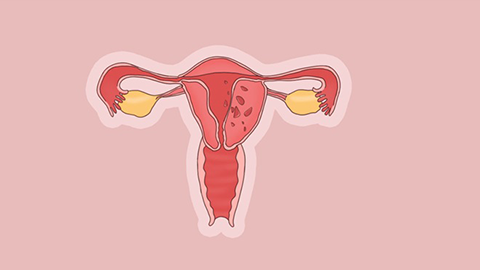What is adenomyosis?
Generally, adenomyosis is a common gynecological condition characterized mainly by the invasion of endometrial glands and stroma into the uterine muscle layer. A detailed analysis is as follows:

Adenomyosis refers to a condition in which endometrial glands and stroma invade the uterine muscular layer, forming either diffuse or localized lesions. It is a complex condition similar to endometriosis. Dysmenorrhea is one of the typical symptoms of adenomyosis, often progressively worsening. The pain usually occurs in the deep lower abdomen and the lumbosacral region and sometimes radiates to the perineum, anus, or inner thighs. Adenomyosis can also alter the uterine environment, affecting the implantation and development of fertilized eggs, thereby increasing the risk of infertility.
For patients without symptoms or with mild symptoms who have no fertility requirements, expectant management can be considered. When necessary, surgical treatments can be selected, including hysterectomy, uterine artery embolization, and uterus-preserving surgeries. Surgical treatment can provide a definitive cure but may impact fertility. Patients with adenomyosis should rest adequately during treatment, avoid getting chilled, and refrain from consuming spicy or irritating foods.





